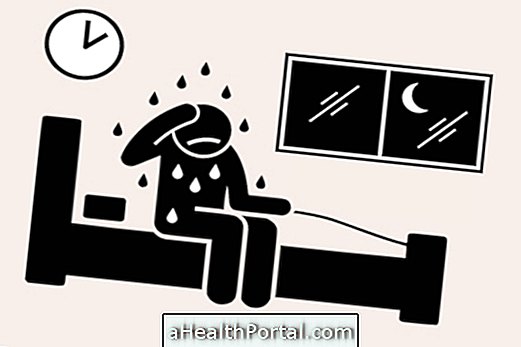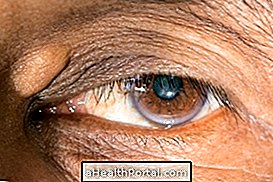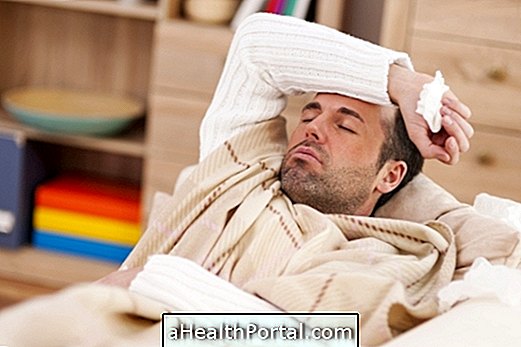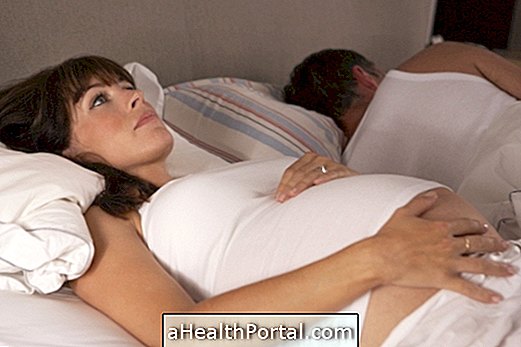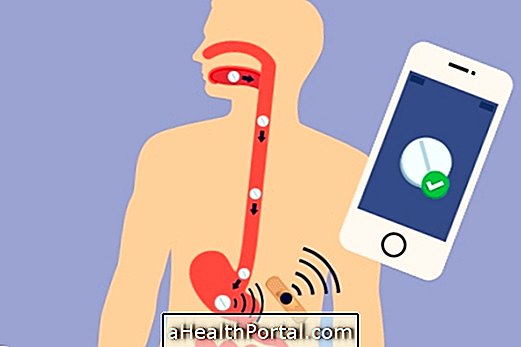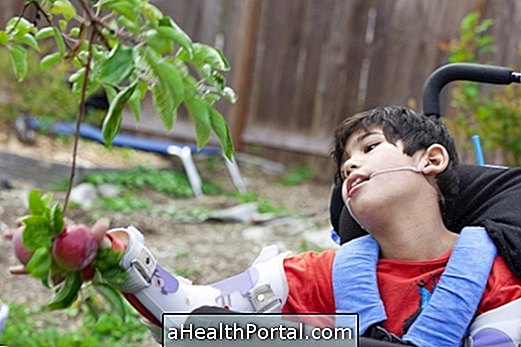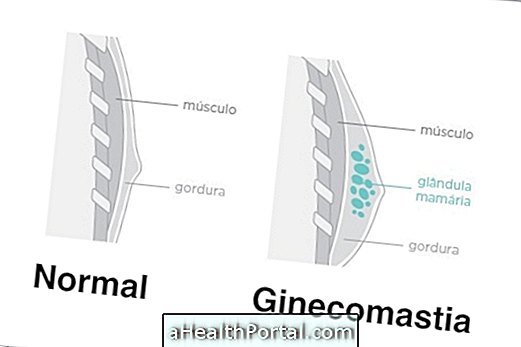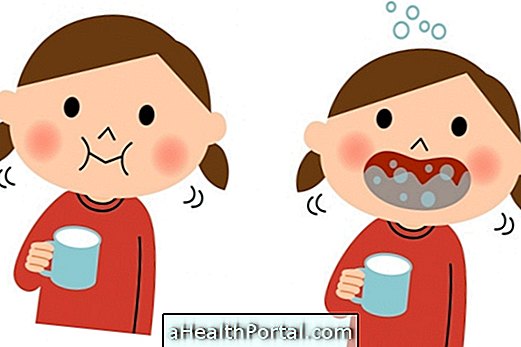Hair loss, impatience, dizziness and frequent headache are symptoms that can indicate stress. Stress is linked to increased levels of cortisol in the bloodstream and this increase in addition to affecting the mind can lead to physical illnesses such as allergies and muscle tension, for example.
These symptoms may manifest in individuals of all ages, and although more frequent in adults may also manifest in children and adolescents when they are subjected to problems such as bullying in school, separation of parents or serious illness in the family.
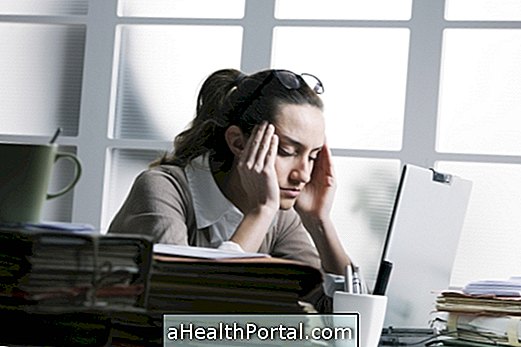
Major symptoms of stress
The symptoms of stress can be manifested in two ways, either through psychological signals or through physical signals, with the main symptoms being:
Psychological symptoms
Stress usually leads to the appearance of well-known psychological symptoms, such as:
- Anxiety, anxiety, nervousness, or excessive worry;
- Irritation and impatience;
- Dizziness;
- Problems of concentration and memory;
- Sensation of loss of control;
- Difficulty in making decisions.
In addition, the person who is stressed usually can not organize and focus on activities, which can make him more and more stressed.
Physical symptoms
Stress can also manifest itself through physical symptoms such as excessive hair loss, headache or migraine, muscle tension, allergies, insomnia, ease of getting sick, and gastrointestinal and heart changes such as increased heart rate for example.
Also, cold sweaty hands and skin problems such as acne, for example, can be indicative of stress.
If these symptoms are observed, it is important to identify the causes of stress so that they can be resolved, but sometimes it may be necessary to seek a general practitioner or psychologist so that he can indicate the appropriate treatment.
How to Control Stress and Anxiety
The control of stress and anxiety can be done by consuming calming teas, such as chamomile, linden and valerian, for example. Learn about other home-based stress management options.
In addition, another great tip for controlling stress and anxiety is to avoid using too much social networks because in some situations they can end up causing sadness, loneliness, envy and a sense of dissatisfaction with life. Look at all the health problems that social networks can cause.
Knowing how to avoid stress and learning to live with it is one of the most important things for a good recovery and often the best option is to seek a psychologist so that he can teach you some techniques that help you deal with problems and overcome stress.
Eating during these periods of stress and anxiety is also very important, so here's how it can help:

A good escape valve can be the regular practice of physical exercises such as running, martial fights or dancing because it distracts the mind and releases endorphins into the bloodstream, promoting well-being. Learn other strategies in: How to fight stress.
